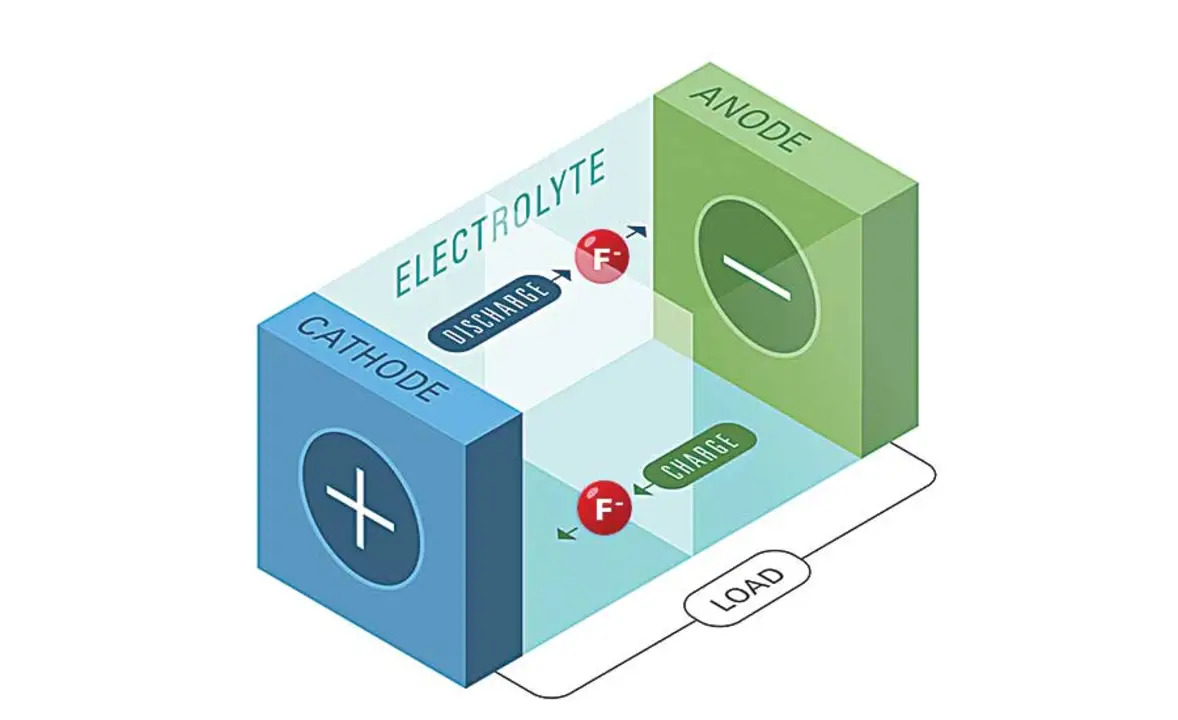Exploring the Possibilities of Graphene-Based Batteries as a Breakthrough in Battery Technology
Battery technology has been advancing steadily for decades, but true breakthroughs in battery life and performance are still few and far between. Recently, the material graphene has been proposed as a potential game-changer in the world of battery technology. Graphene, a single-atom-thick layer of carbon, is incredibly lightweight and conductive, making it an ideal material for use in batteries.
Graphene-based batteries have a number of advantages over traditional lithium-ion batteries. They are lighter and thinner than traditional batteries, making them ideal for use in small devices and wearables. They also have a much higher energy density, meaning they can hold more energy per unit of volume than traditional batteries. This increased energy density means graphene-based batteries can charge faster, last longer, and hold more energy than traditional batteries.
In addition to their improved energy density and weight, graphene-based batteries are also much safer than traditional lithium-ion batteries. Graphene is much less prone to overheating, meaning there is a much lower risk of fire or explosion in the event of a short circuit or other malfunction. This makes them ideal for use in medical and industrial applications, where safety is of paramount importance.
The potential of graphene-based batteries is exciting, but there are still many challenges to be addressed before they can be widely adopted. For example, graphene is expensive to produce in large quantities, making it prohibitively expensive for most consumer applications. Additionally, graphene is a relatively new material and there is still much to be learned about its properties and potential applications.
Despite these challenges, graphene-based batteries could be a true game-changer in the world of battery technology. If their potential can be realized, they could revolutionize the way we power our devices, making them much lighter, longer lasting, and safer than ever before.
How Nanotechnology Could Revolutionize Battery Technology
With the increasing demand for higher performance and smaller devices, it is becoming increasingly important for battery technology to keep up. The good news is that nanotechnology could revolutionize battery technology in the near future. Nanotechnology is the manipulation of matter on an atomic and molecular scale to create materials with unique properties that can be used for a wide variety of purposes. Nanotechnology has the potential to increase energy storage and efficiency, reduce charging time, and create longer-lasting batteries.
Nanotechnology could be used to create batteries with greater energy density. By increasing the surface area of the electrodes, more energy can be stored in the same amount of space. This could result in much larger batteries that can hold the same amount of energy as a much smaller battery. This could revolutionize the way batteries are used in consumer electronics, allowing devices to be much smaller and lighter.
Nanotechnology could also be used to increase the efficiency of batteries. By creating nanostructures that are better at conducting electricity, the amount of energy lost during charging and discharging could be significantly decreased. This would improve the overall efficiency of batteries, allowing them to last longer and store more energy.
In addition, nanotechnology could be used to reduce the amount of time it takes to charge a battery. By creating nanostructures that are better at conducting electricity, the amount of time it takes to charge a battery could be significantly decreased. This could allow devices to be charged much faster, providing users with more convenience.
Finally, nanotechnology could be used to create batteries that can last much longer. By creating nanostructures that are better at storing energy, the amount of energy that is lost over time could be significantly decreased. This could result in batteries that can last much longer than traditional batteries, providing users with more reliable power sources.
Overall, nanotechnology has the potential to revolutionize battery technology. By increasing energy density, improving efficiency, reducing charging time, and creating longer-lasting batteries, nanotechnology could make batteries more powerful, efficient, and reliable. This could revolutionize the way batteries are used in consumer electronics, allowing devices to be much smaller and lighter while providing users with more reliable power sources.
The Potential of Supercapacitors as a Breakthrough in Battery Technology
When it comes to battery technology, the search for the perfect power source is an ongoing challenge. But what if there was a breakthrough that could revolutionize battery technology? The potential of supercapacitors could be just the breakthrough that the battery industry needs.
Supercapacitors are a type of energy storage device that offer a number of advantages over traditional batteries. They are able to store significantly more energy than traditional batteries, making them much more efficient. Additionally, they are able to be charged and discharged much faster, meaning they can provide a more powerful burst of energy when needed. Moreover, they are more resilient to environmental conditions, making them more reliable.
The potential of supercapacitors as a breakthrough in battery technology is exciting. They have the potential to revolutionize the way we power our devices, from electric vehicles to laptops and smartphones. They could also reduce the cost of energy storage and improve the efficiency of the grid.
Moreover, supercapacitors are also much more environmentally friendly than traditional batteries. They do not contain any toxic chemicals, and the materials used to construct them are significantly more sustainable. This makes them an ideal choice for those looking for an eco-friendly solution to their battery needs.
The potential of supercapacitors to revolutionize battery technology is real. They are able to store more energy, provide more power, and are much more sustainable than traditional batteries. With the right research and development, they could become the breakthrough that the battery industry has been looking for.



